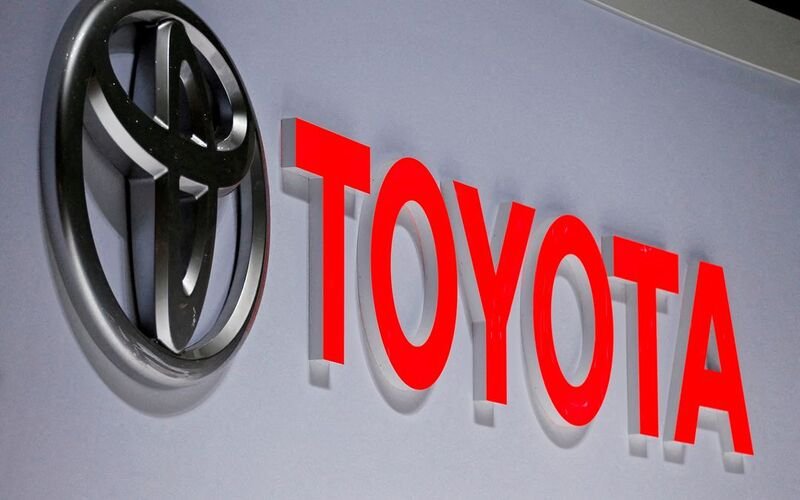On Thursday, Toyota Motor Corp (7203.T) and two allies introduced a micro-sized electric vehicle for Japan’s delivery industry during the G7 meeting in Hiroshima.
According to a joint statement, Toyota, Daihatsu, and Suzuki Motor Corp (7269.T) are developing a battery electric vehicle (BEV) system for the small electric commercial van.
The Toyota, Daihatsu, and Suzuki-branded vehicles will have a range of 200 km (124 miles) per charge and be released by March 31, 2024.
The firms stated Daihatsu, a Toyota affiliate since 2016, will make the cars.
The van is a “kei” vehicle, a low-powered, low-taxed domestic vehicle.
Due to their low cost, Japanese businesses and households utilize micro kei cars to distribute vegetables, parcels, and other commodities in cities and the countryside.
According to transport ministry figures, Kei models made up 40% of Japan’s 78.8 million four-wheel cars as of February.
This year’s G7 meeting focused on reducing emissions.
Toyota owns 4.89% of Suzuki, and its partners’ launch coincides with other Japanese automakers’ electric mini-commercial van launches.
In December, Honda Motor Co Ltd (7267.T) announced it would launch a micro-sized commercial electric van with a 200km range in spring 2024 as part of its electrification efforts.
Mitsubishi Motors Corp (7211.T) relaunched its Minicab-MiEV small commercial van in November with a 133-km range.
In February, Mitsubishi announced it would begin manufacturing the van in Indonesia in 2024 to expand sales.
Last September, Japanese delivery company Sagawa Express Co. intended to replace all 7,200 of its commercial mini-vehicles with electric vehicles from China’s Guangxi Automobile Group.
On Thursday, the business declined to say if it had begun.












































Comment Template